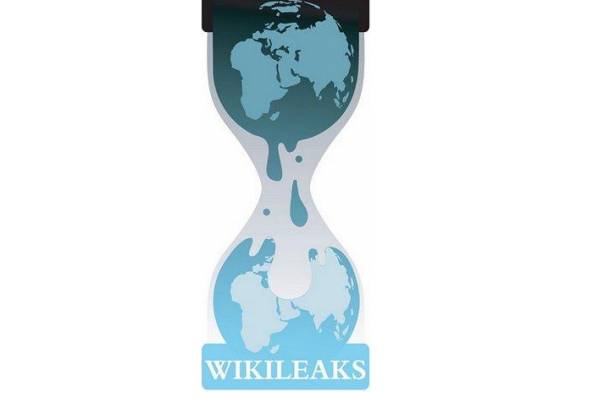Founder of WikiLeaks denies "blood on hands"
 Julian Assange, the founder of WikiLeaks, has rejected U.S. claims that he has blood on his hands after releasing 90,000 leaked classified documents on the Afghan war. Julian Assange said that there were no evidence that any infomants had died as a result of the leaks. He then accused the Pentagon of trying to distract attention from the thousands of lives being lost in the war.
Julian Assange, the founder of WikiLeaks, has rejected U.S. claims that he has blood on his hands after releasing 90,000 leaked classified documents on the Afghan war. Julian Assange said that there were no evidence that any infomants had died as a result of the leaks. He then accused the Pentagon of trying to distract attention from the thousands of lives being lost in the war.The White House has appealed to Wikileaks not to publish another 15,000 documents it is thought to hold, and the U.S. denied Mr Assange's assertion that he had asked the US government to help vet the documents to protect lives.
In an interview with the BBC, he directly addressed comments made by Adm. Mike Mullen, chairman of the US Joint Chiefs of Staff, who sharply criticised WikiLeaks. "One must consider why the Pentagon is focusing on the hypothetical blood that it says might be on our hands - although there is no evidence of that - compared to the 20,000 lives that have been lost in Afghanistan that are documented and exposed by our material."
Despite the appeal made by the White House to WikiLeaks, Mr Assange has pledged to continue the release of documents.
I personally feel that Mr Assange should not continue to publish the documents as it will only continue to serve as a tool for the enemy. Publishing those documents only compromises the lives of the people involved. The damage done so far is irreparable, as "once a document published it is essentially impossible to censor,", according to WikiLeaks. So, instead of publishing the remaining documents, they should be either be deleted or remain unpublished.
Sources:

